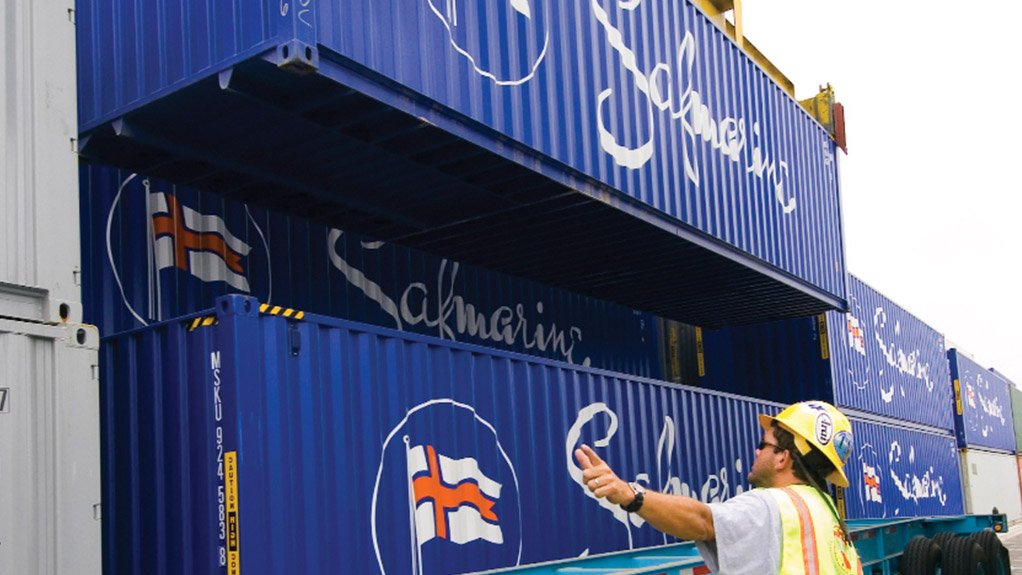Cabinet in June approved the establishment of a Border Management Agency, to be tasked with integrating the functions of all government departments and agencies that operate at South African ports of entry, said Transport Minister Dipuo Peters on Monday.
Speaking at the Southern African Transport Conference in Pretoria, she said the aim “was to consolidate the management of border security and control into a single agency that would have the overall mandate of overseeing the border environment”.
The Border Management Agency Bill was currently being drafted, and would be submitted to Parliament in September.
“These processes will enable undue congestion at ports of entry – physical and non-physical barriers – to be a thing of the past,” said Peters.
South Africa was also leading a Beit-Bridge border post modernisation programme.
Peters added that the African Union had assigned South Africa as a hub for the manufacturing and supply of rolling stock for Africa.
“Soon we will be rolling our Prasa Autopax bus service and Shosholoza Meyl long-distance passenger rail service into the region and continent.”
POOR INFRASTRUCTURE
In a wide-ranging plenary address, Peters said the “poor and inadequate” state of Africa’s transport network was hampering its competitiveness in the global market.
Intra-African trade stood at less than 11% of all African gross domestic product and the continent’s share of world trade was only 2%.
She said effective transport networks were a key component of a positive investment climate, enabling access to markets and reducing the cost of doing business.
“Africa’s challenges include not only a lack of investment in infrastructure, but also the distance between the hinterland and ports.
“Efficiency of ports and logistics is particularly important for Africa’s 15 landlocked countries, whose average transport costs are nearly 50% higher than that of coastal economies.”
Further challenges were poor links among transport modes in Africa, leading to “long delays and increasing costs” in the movement of international commodities; a lack of capacity and skills development in the freight-handling sector; underinvestment in port, rail and pipeline infrastructure; poor port infrastructure and old equipment; poor information and communication technology infrastructure; poor technical and management skills and a lack of long-term planning.
EMAIL THIS ARTICLE SAVE THIS ARTICLE
To subscribe email subscriptions@creamermedia.co.za or click here
To advertise email advertising@creamermedia.co.za or click here











